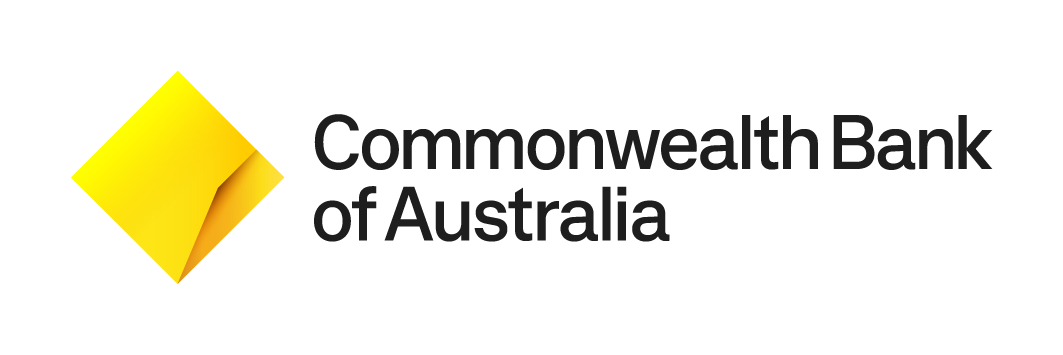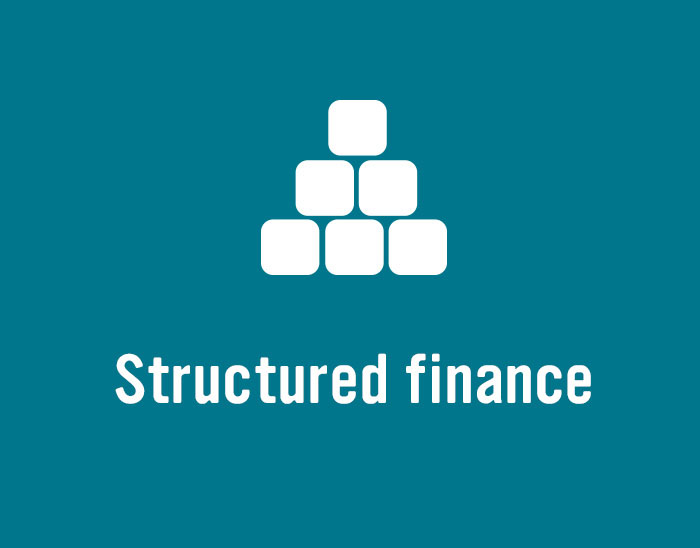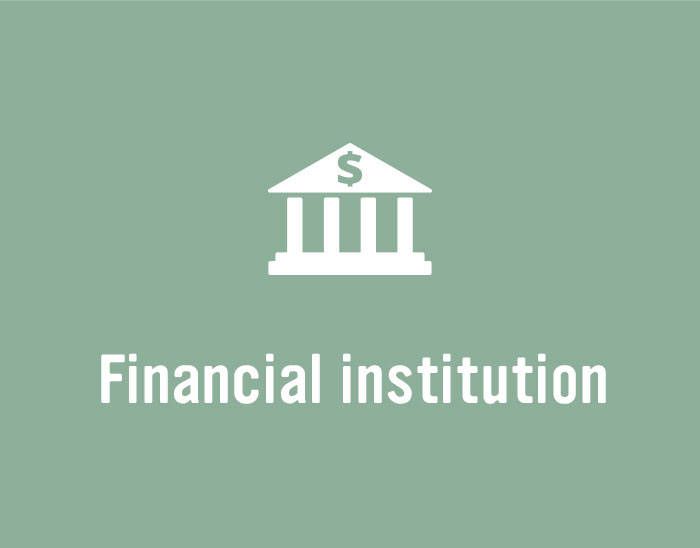
A more level playing field
Linda Hutchison, executive director, institutional sales, and Anne McLeod, head of agency origination, at Commonwealth Bank of Australia (CBA) in Sydney, talk about their careers in finance and how gender equality has changed over this time as well as how the pandemic-induced shift to working from home could help further level the playing field.
We should start by hearing about you and your experiences in financial markets, including a brief career overview as well as some highlights.
MCLEOD I started in finance 30 years ago as a credit analyst with NatWest. I later moved to London where I took a contract role with the European Bank for Reconstruction and Development, working in the oil and gas team.
On returning to Australia, I took a job as a relationship banker at a Japanese bank. From there I joined BZW doing derivatives documentation before moving to a project-finance portfolio-management role. That is one of the highlights of my career to date and I threw myself into learning many new things in this role.
I joined CBA six years ago and was appointed head of agency originations a year ago. I lead a team of six originators who pitch to perform facility-agent, paying-agent and security-trustee roles for institutions that have entered into a syndicated loan or issued a bond. It is like outsourcing a part of the institution’s treasury function, in the sense that we act as the institution’s intermediary with its group of lenders.
HUTCHISON My working life started with a trip to London. It was supposed to be for six months, however it became two years. During this time I had a temporary job, working for NatWest in their back and front office.
When I came back to Australia, in the late 1980s, I took an opportunity to be a trainee swaps trader at County NatWest. From there, I spent 20 years as a swap trader – 10 years at County, which is now Citibank, and then another 10 years at UBS. The last few years were in a purely proprietary trading position.
I then moved into a sales role at ANZ. Having been a trader for 20 years, I believe, can make you a better salesperson. It brings another dimension to what you can offer the client as well as giving you the requisite knowledge to understand the traders.
I have been with CommBank for the past 18 months, primarily servicing clients in the areas of derivatives and fixed income.
Looking back over your time in the financial services industry, can you highlight some positive and important experiences for you as women working in financial markets and in your current roles at CBA?
HUTCHISON I really love working at CBA. The environment is very thoughtful, collaborative and inclusive. For example, we often receive emails offering different support initiatives for many issues including parental assistance and mental health for you and your family.
People listen and want to know what you need, and what your thoughts are on a situation. CBA is very dynamic and supportive, which enhances synergy and fosters a collaborative environment.
MCLEOD I agree that working in the capital markets team at CBA is a dynamic experience. You feel like part of the team, and you are treated with respect and listened to. It has been a very positive experience.
Have you faced any equality hurdles through your career and, if so, how did you overcome them? Do you have a sense that things have changed materially over the course of your time in the industry?
HUTCHISON Early in my career – and we are going back 25 years – salaries and year-end bonuses weren’t administered in the same way as they are now. Back then, much of the decision was up to your manager. I remember being in one of those conversations and being told my male counterpart would receive more than me. We have come a long way and things are a lot different – that type of thing isn’t acceptable behaviour any longer.
I think it is significant that women now have fewer barriers to advancement in financial and capital markets. Success is genuinely performance-based nowadays.
MCLEOD In the very early days of my career, it was hard to be taken seriously and the reality was that you weren’t listened to as much as male colleagues. Like Linda, in my first relationship-banking role my male colleague doing the same job was better paid. This would have been in the early 1990s.
Then, after returning to Australia with 18-month old twins, I was told it was impossible to get a part-time job. I eventually got my days reduced to four, but it still wasn’t what I wanted. I spoke to other women in the industry, and eventually received a call from BZW and got a part-time role there.
My sense is that financial institutions started to understand the need for gender diversity because their clients did.
Given the type of progress you have both described, how important is it to you personally to keep raising awareness and dialogue about equality? How do you believe the market as a whole can help with this conversation?
MCLEOD Awareness still needs to be raised and this includes a need to call it out to management. When it comes to flexibility, as a mother working in finance, there were times when it was hard. Having three children, I really wanted to work part-time but those roles were very hard to find. There were incredible hurdles all the time, like getting kids ready for school and getting into work, and then coming home to them after a busy day.
It is of course a little easier for those who can afford good quality childcare. But for many women – not only in finance, but generally for women who are working – juggling childcare and work is very difficult.
This is why – and when – we see a lot of women leaving the industry. When they have children, and when they are at a particular level of an organisation, it becomes too difficult due to the lack of flexibility.
HUTCHISON More women are coming through on graduate programmes across the industry nowadays, but still not as many as I think there should be. Women are still not gravitating toward finance and it still is not spoken enough about as a career path. Maybe at university level there should be more promotional work done for women to persuade them to look at finance as well as becoming doctors and lawyers.
Markets and societies are making their way through some unprecedented times in 2020. Off the back of the COVID-19 pandemic, we saw a transition to working from home for many market participants, many of whom will not have operated in this way previously. Given diversity in the workplace is the theme of this yearbook, what are your thoughts around the extent to which this turn of events may eventually help level the playing field?
HUTCHISON I think the whole gender issue has been taken out of the equation. Giving clients the right information and strategy, and getting them prices quickly, puts the spotlight on doing your role to the best of your ability, working with the team and facilitating whatever is needed.
This is where we really need to go the extra mile. It is completely about how good you are at your role and how you do it, and this is more the case now than ever before.
MCLEOD Years ago, when bringing up young children there really was the view that, even if you were logging in from home, you were skiving off. Now COVID-19 is showing corporations how productive people can be working from home and, in return, employers are allowing more flexibility.
At the end of the day, most people want to work. It stimulates them and gives them a sense of achievement and of self. If you can find the right balance between meeting the needs of your clients, your team and yourself when working flexibly, you are going to get a better result for yourself and for the company. Overall, this benefits the family and society as a whole.
I think the workplace needs to be slightly more flexible and, hopefully, companies will now see that it can work. When institutions become more flexible – and, to be clear, there has been such progress in this respect – I think this is when there will be an even greater degree of gender equality.










